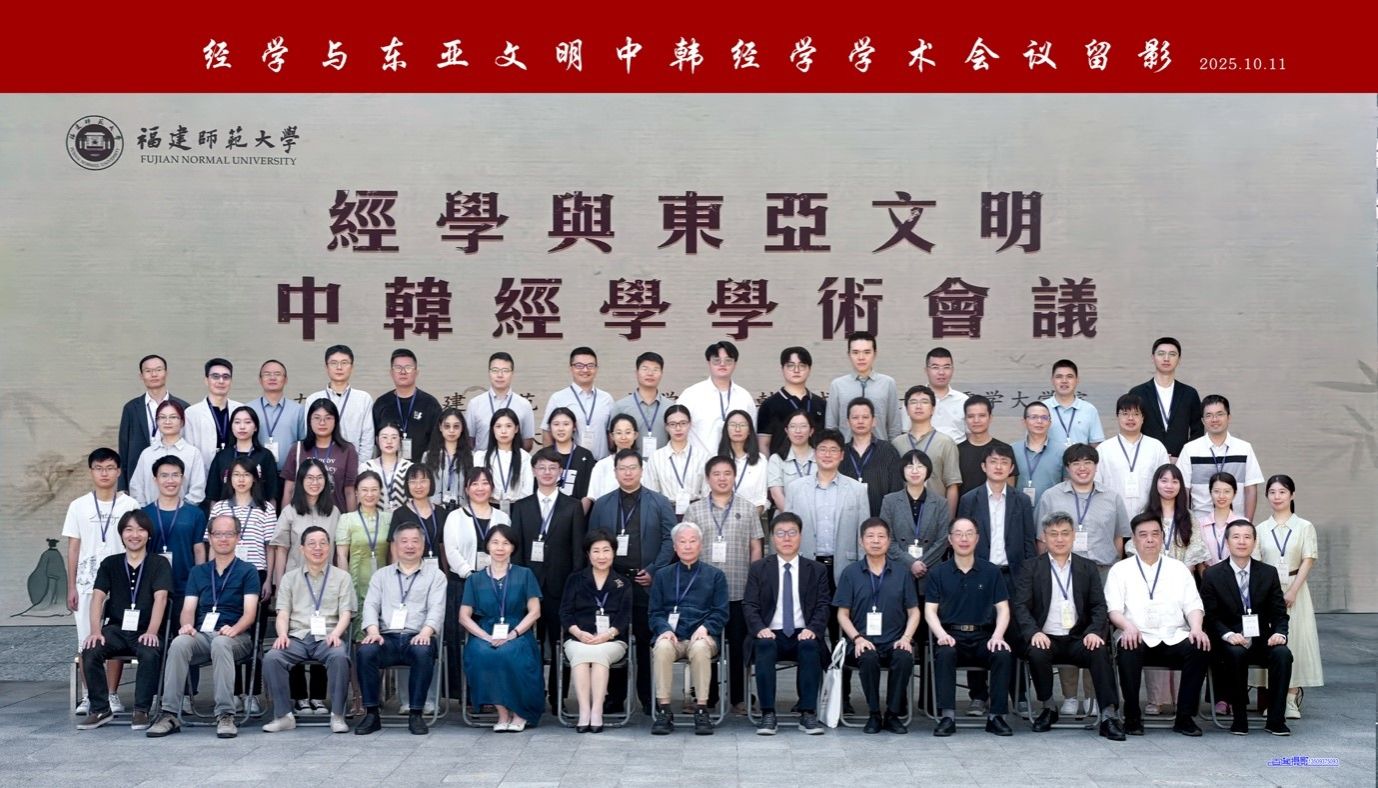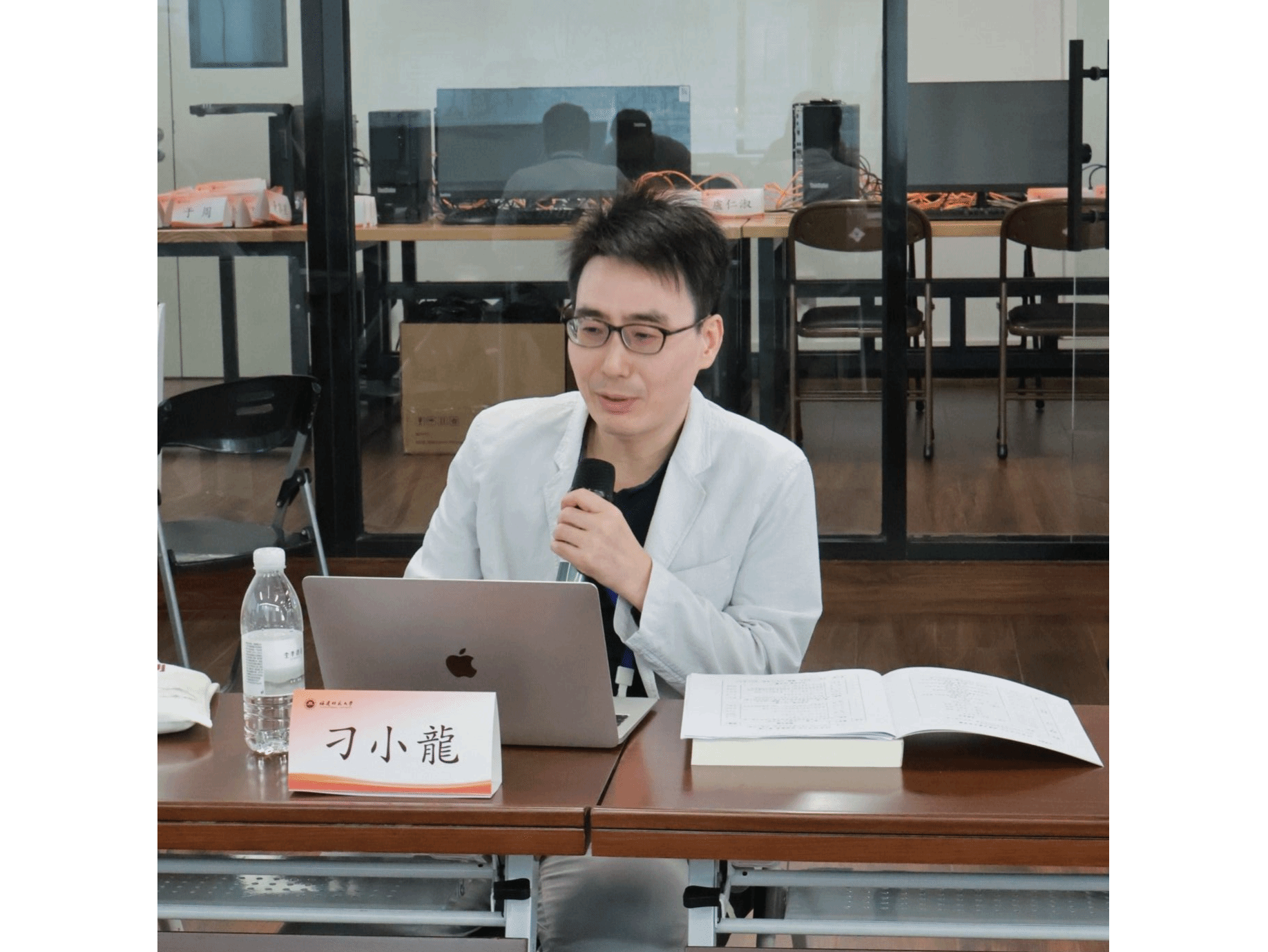
On October 11–12, the “Classics and East Asian Civilization” Sino-Korean Academic Conference on Classical Studies, jointly organized by the Institute of Chinese Classics (Jingxue) at Fujian Normal University and the Academy of Confucian Studies at Sungkyunkwan University in Korea, was successfully held at Fujian Normal University. The event brought together numerous young and mid-career scholars in the field of classical studies from countries and regions including Korea, Japan, Germany, mainland China, Taiwan, and Hong Kong. Participants engaged in in-depth exchanges and discussions on the traditions of East Asian classical scholarship.

Dr. Xiaolong Diao, from the CCGC in the Department of Communication, was invited to attend the conference. He presented a paper and chaired a session at one of the parallel forums.
As the root and trunk of traditional Chinese culture, classical studies have developed distinctive research traditions across the East Asian Sinosphere. Together, Chinese, Korean, and Japanese traditions form the whole of Confucian classical scholarship, which has profoundly shaped the development of East Asian civilization. Adopting a broad comparative perspective grounded in the Sinosphere, the conference explored pathways for deepening comparative research between Chinese and Korean classical studies.
The conference featured a rich array of topics, primarily covering six major areas, including Comparative Studies of Chinese and Korean Classical Scholarship, Classical Studies and East Asian Civilization, and Research on Zhu Xi’s Classical Thought—thus encompassing several major fields within classical studies.
Dr. Diao’s paper, Reading Notes on Zheng Xuan’s Commentary on the Yueling (Monthly Ordinances), examined Zheng Xuan’s exegetical methodology through a detailed analysis of his commentary on the Yueling section of the Book of Rites (Liji). The paper argued that while Zheng Xuan’s interpretations sometimes relied on “forcing textual manipulation,” his fundamental aim was systematic interpretation based on principled reasoning, ultimately realizing a grand synthesis of canonical and apocryphal traditions. This study offers a new perspective on Zheng Xuan’s scholarship and on exegetical methods in the Han dynasty.

Experts at the conference agreed that, in today’s context of building a community with a shared future for humanity, exploring the shared Confucian classics and wisdom of East Asian countries such as China and Korea carries great academic and practical significance. The cultural bridge built through the classics continues to advance the collaborative development of classical studies in China, Korea, and across East Asia, injecting fresh intellectual vitality into understanding East Asian civilization’s past, present, and future.